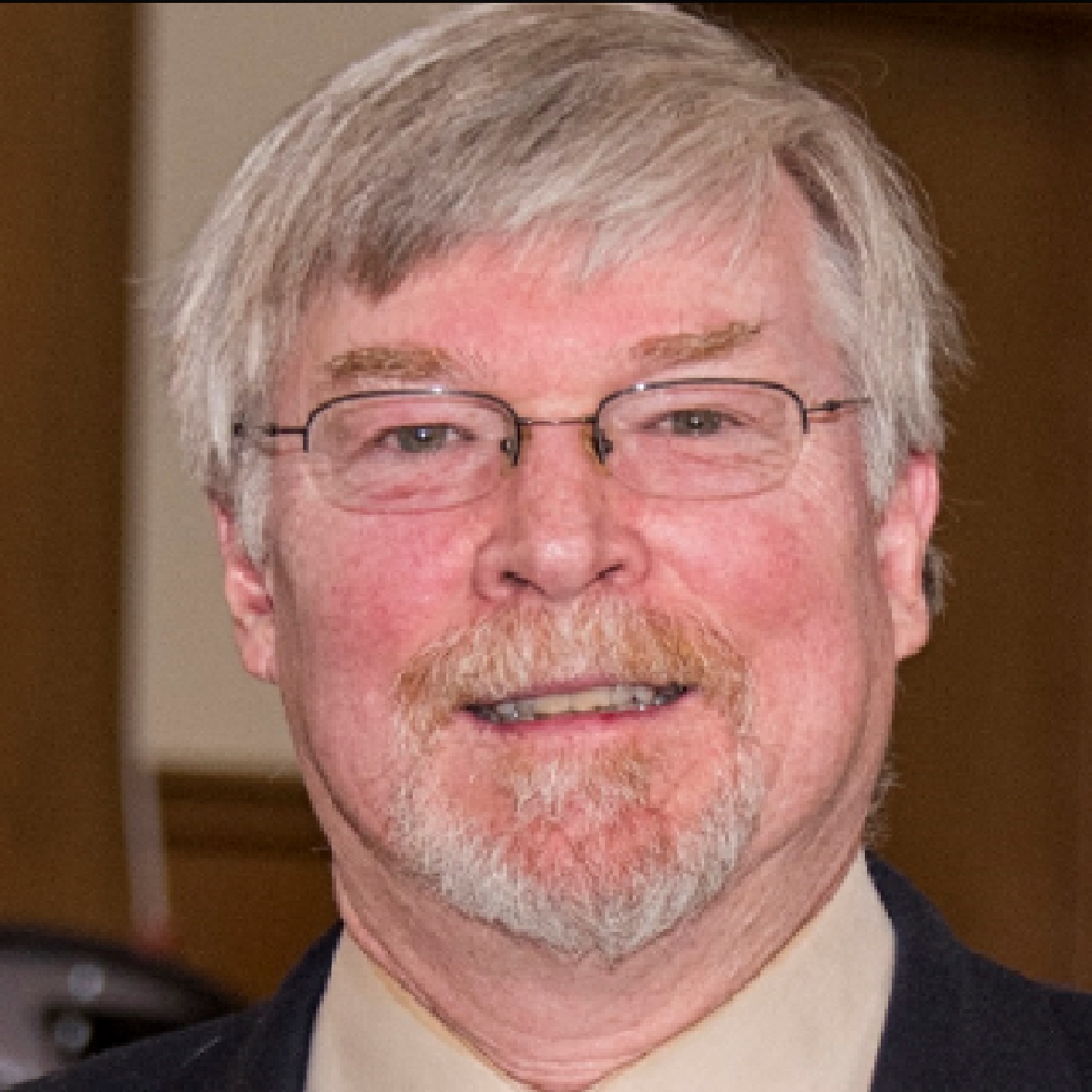WASHINGTON D.C. — Today, FCC Chairman Pai blogged that the FCC will take up at its October 2020 open meeting an order dealing with the issues remanded by the Mozilla court, which largely affirmed the agency’s 2018 Restoring Internet Freedom Order (RIFO). TechFreedom filed comments and reply comments with the FCC regarding the Mozilla court’s narrow remand of discrete issues. Chairman Pai’s blog echoes our comments explaining why the FCC has had little difficulty in addressing the three issues remanded to the FCC: public safety, the Lifeline program, and pole attachments.
TechFreedom’s General Counsel James Dunstan issued the following statement:
We’re happy to see the FCC move forward with this order now, even during a heated presidential election season. BIAS providers and the public alike deserve certainty on the categorization of BIAS. There’s nothing in the record to overturn the FCC’s fundamental decision to reclassify BIAS service as a Title I information service, as it was prior to 2015, and no amount of complaining can change what the Mozilla court said — or the law of the case.
While Title II proponents will again claim that the sky is falling and that the Internet will break any second unless the FCC returns to heavy-handed Title II regulation, the way in which the Internet (and ISPs) has functioned during the COVID pandemic is a testament to how much quicker private companies can react to a crises than can government agencies.
The FCC has it exactly right: a light-touch regulatory regime better spurs private investment in broadband deployment overall, which ultimately benefits the public safety community. The “comprehensive end-to-end emergency communications infrastructure” is the country’s 911, EAS, and WEA systems, not BIAS.
###
See our other work on net neutrality, including:
- Our comments (“Why the 2018 RIFO Did Not Affect Public Safety, Lifeline or Pole Attachments”), and accompanying press release and Twitter thread
- Our reply comments
- Our petition for certiorari and other major filings in this case
- Our amicus brief in pending litigation over the FCC’s 2017 Restoring Internet Freedom Order
- Tech Policy Podcast #172: The Future of Internet Regulation (w/ FCC Chairman Ajit Pai)
- Our statement on the need for a legislative compromise over net neutrality
- Our statement on our appeal over the DC Circuit’s decision upholding Title II reclassification
- A summary of our opening brief challenging the FCC’s order
- Our statement on the Court of Appeals for the D.C. Circuit Upholding FCC’s Refusal of Broad Internet Powers
About TechFreedom: TechFreedom is a non-profit, non-partisan technology policy think tank. We work to chart a path forward for policymakers towards a bright future where technology enhances freedom, and freedom enhances technology.

